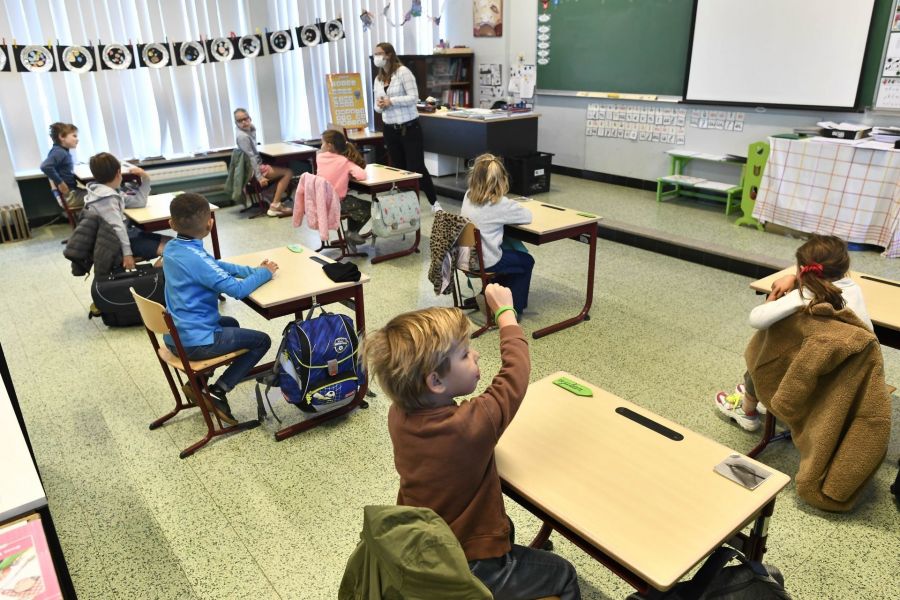The European Commission presented a report and recommendations to Belgium on 23 May to address their concerns about inequalities in the school system.
The document reveals that the educational gap among students, especially when it comes to their socioeconomic and migrant status, is one of the biggest in the EU.
There are also concerns with students with disabilities, as more than one out of three young adults with disabilities do not finish secondary education, which in turn affects their higher education attainment and employment rates.
Related News
- Flemish schools given more freedom to combat teacher shortage
- ‘We’re running dry’: Brussels teacher shortage reaches critical levels
- Brussels inequality exacerbated by Covid pandemic
Though the commission admits Belgium scores above-average on EU-level targets, it points out the decline in certain areas of education that demonstrate high levels of inequality. Lack of progress is concerning as the document states that one in five 15-year-old Belgian students fails to perform basic mathematics, reading or science tasks.
Teacher shortages are pointed out as part of the difficulty to improve the educational inequalities. Based on 2020 data, the job vacancy in the education sector in Belgium is more than double that of the Euro area.
Teacher concerns
Based on a 2018 TALIS survey, the EU Commission report mentions how teachers are facing increasingly diversifying classrooms without proper training or preparation.
Amid the shortage, the country is also struggling to recruit new teachers. New teachers often receive less favourable working conditions than veteran ones and in Belgium, receive fewer formal induction activities than the EU average.
Schools also lack professional development requirements and structure. However, since TALIS 2018, the language communities have been taking measures to improve in this area.
Not all bad
The report details how the portion of GDP that Belgium spends on education – as well as its expenditure on employee compensation as a share of public spending on education – is one of the highest in the EU. This makes an improvement to the education system much more possible.
In order to deal with the issues highlighted in the report, the Commission recommends Belgium focuses on equity gaps among socioeconomic and migrant backgrounds and take steps to de-stigmatise vocational education to better serve the labour market.

